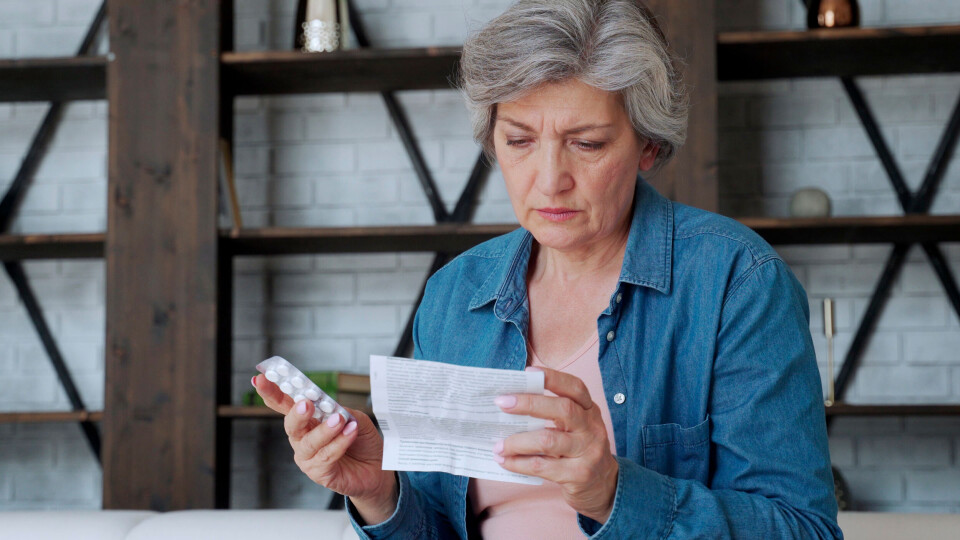-
‘Medical deserts’ major issue in upcoming local elections in France
Access to healthcare is now a more pressing concern than education, mayors say
-
‘Digital ID’ to be accepted at French airports this summer
Users of the France Identité app will be able to board certain flights using ID on smartphone
-
Germany to prolong EU border checks: how travel from France is affected
Checks at land borders will take place until at least September 15, 2026
Self-medication shown to be widespread in France posing health risks
Up to a third of patients admit to changing their prescription medication dosage or duration despite the risks involved, a report reveals

People are putting their health at risk by changing the dosage rules on medication prescribed for them, the French medicines safety agency warns as part of a new awareness campaign.
The Agence nationale de sécurité du médicament et des produits de santé (ANSM) launched the campaign on June 7 to raise awareness about the safe usage of medicines.
It warns that as many as 30% of people in France have already taken it upon themselves to change the dosage or treatment time of a prescribed medicine.
The ANSM data, from a 2021 study by the Viavoice institute, also said:
-
20% of people in France have taken stronger doses or several medicines at the same time as a way to ‘speed up treatment’
-
Almost 50% have given a prescription medication to people close to them who were experiencing similar symptoms, and 10% do this often or systematically
-
34% said that they consider it ‘not really risky’ or ‘not at all risky’ to take medicines that have expired
The ANSM said: “Medicines are not ordinary products, we can’t take them lightly. Poor use of medicines can have serious consequences and cause more unwanted side effects.”
Taking too much medication, even something such as paracetamol, can cause severe liver damage, which could even lead to a need for a transplant, the agency warns. And a medicine suitable for one person may be useless or dangerous for another, it said.
Read also: How long are medicine prescriptions valid in France?
‘Major public health challenge campaign’
The agency’s new campaign includes billboards, a TV video ad, radio ads, an informational sheet for the public, and a letter sent to health professionals.
Christelle Ratignier-Carbonneil, director general of ANSM, said: “The correct use of medicines is a major public health challenge that affects all of us, from health professionals to patients.”
The ANSM warns that people should not change the dose, frequency, or duration of a prescribed medicine, nor give them to anyone else.
It said: “Follow your healthcare professional's prescription (dose, frequency, duration, pay attention to the shelf life of medicines…and do not take several medicines at the same time without the advice of a professional.”
Read also: How seeing a GP (or rather not) for some issues is changing in France
Read also: France is set to switch to digital prescriptions. How will it work?
Continue reading
How to send a prescription to a French pharmacy online
How France plans to fix its medicine shortages and the drugs worst hit
























